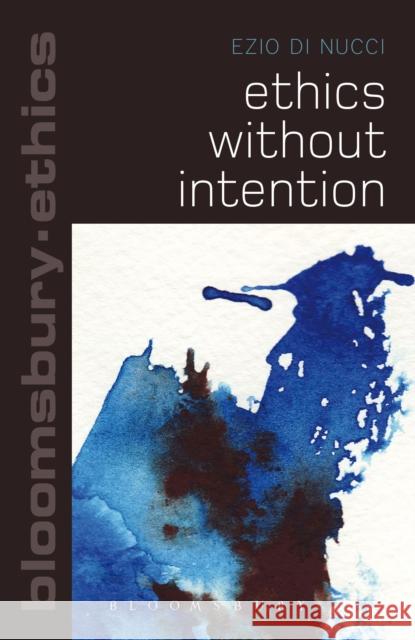Ethics Without Intention » książka
Ethics Without Intention
ISBN-13: 9781472523006 / Angielski / Twarda / 2014 / 280 str.
Ethics Without Intention
ISBN-13: 9781472523006 / Angielski / Twarda / 2014 / 280 str.
(netto: 540,10 VAT: 5%)
Najniższa cena z 30 dni: 545,34
ok. 30 dni roboczych.
Darmowa dostawa!
Ethics Without Intention tackles the questions raised by difficult moral dilemmas by providing a critical analysis of double effect and its most common ethical and political applications. The book discusses the philosophical distinction between intended harm and foreseen but unintended harm. This distinction, which, according to the doctrine of double effect, makes a difference to the moral justification of actions, is widely applied to some of the most controversial ethical and political questions of our time: collateral damages in wars and acts of terrorism; palliative care, euthanasia, abortion, and embryo research; self-defence, suicide, and self-sacrifice. It is also crucial to the now notorious theoretical cases of the trolley problem and the knobe effect. Di Nucci approaches the doctrine of double effect from four key directions: its historical origins, which can be traced further back than the classic attribution to Aquinas; its theoretical coherence, which is the subject of a lively contemporary debate in philosophy; its moral intuitiveness, which has always been taken for granted but has recently begun to be questioned; and finally its relevance to the difficult moral and political decisions of our time. An engaging and comprehensive introduction to the doctrine of double effect.











